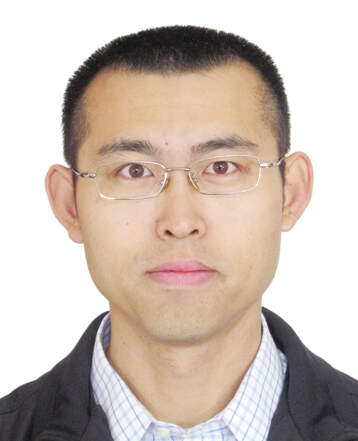Resume
05/2014-present: Full Professor, Deputy Director of State Key Laboratory of Coal Conversion, Institute of Coal Chemistry, Chinese Academy of Science. (Taiyuan, Shanxi, China)
05/2014-present: Deputy Director of Syncat@Beijing, Synfuels China Co. Ltd., Huairou, Beijing
12/2010-04/2014: Seaborg Fellow, Los Alamos National Laboratory (Los Alamos, NM, USA)
11/2007-11/2010: Postdoctoral Research Associate, Cornell University (Ithaca, NY USA)
09/2002-07/2007: Ph.D. Institute of Coal Chemistry, Chinese Academy of Sciences (Taiyuan, Shanxi, China)
09/1998-07/2002: Bachelor of Science, Inner Mongolia Normal University (Hohhot, Inner Mongolia, China)
Prof. Xiaodong Wen received his Ph.D. degree from Chinese Academy of Sciences in 2007 (advisors: Prof. Haijun Jiao and Prof. Yongwang Li). After his Ph.D., Prof. Wen joined the group of Dr. Roald Hoffmann (the 1981 Nobel Prize in Chemistry) and Dr. Neil Ashcroft at Cornell University as a postdoc. After three years, in 2010, he joined the group T-1 in LANL as a Seaborg Institute fellow. After backing to China, Prof. Xiaodong Wen was selected as National Thousand Young Talents of China, Hundred People Plan in Chinese Academy of Sciences, Hundred People Plan of Shanxi etc. So far, Prof. Xiaodong Wen is the Deputy Director of State Key Laboratory of Coal Conversion and Deputy Director of Syncat@Beijing of Synfuels China Co. Ltd.
As of 2017, Prof. Wen have published more than 150 scientific articles in various prestigious peer-reviewed journals, including Nature, Science, Chemical Review, Proceedings of the National Academy of Sciences (PNAS), JACS, Angewandte Chemie International Edition, ACS nano, Advanced Materials, etc.
